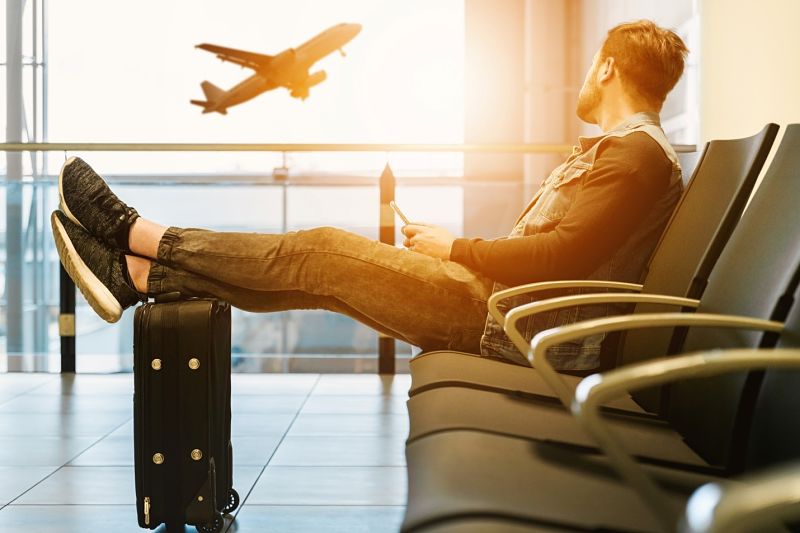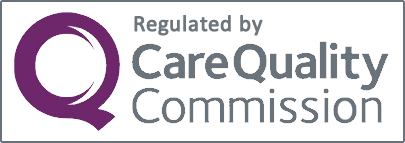What medications can you take abroad?

Preparing to go abroad? Read on to learn more about restricted and prohibited medication around the world, and what you can pack to stay healthy on your travels.
What medications can you take abroad?
Ensuring that you are embarking on a long-distance journey with the right medications is a key consideration for any traveler. Whether you rely on your medication for managing a long term illness, or have simply packed a travel medicine pack for your own safety, we must all make certain that we are not neglecting health considerations when we go abroad.
Unfortunately, travelling with vital medication is not always simple. Airports not only require you to follow certain protocols, but also different countries impose restrictions in term of the medications you are permitted to bring across the border. And the penalties imposed upon any contraband items can range from fines to detainment and, in some cases, even imprisonment.
For this reason, understanding what you can and cannot take with you before you set off on your journeys is crucial. Read more about the medications you can bring with you next time you leave the country.
Entering a New Country
The legal status of certain medications varies widely depending on the country to which you are travelling. Even if you have a prescription, your regular medication may be prohibited, and travelling with it will be considered a criminal offense.
It can be very difficult to find the right information on controlled substances in different countries. If you have a prescription for any medication, then speak with your GP several months before travelling abroad in order to understand the laws of that country and obtain the right documentation, or an alternative prescription that adheres to the policies held by your destination. You may also need to contact the country’s embassy in order to ensure that you will not run into trouble once the plane has touched down.
Although routinely prescribed in the United Kingdom, drugs containing opioid analgesics, such as codeine and tramadol, are classified as controlled substances in many countries. Thailand, Greece, and Egypt are among a number of countries that place heavy restrictions on the introduction of these painkillers.
Similarly, products containing pseudoephedrine, such as sudafed and Vicks inhalers, are prohibited in certain countries, such as Japan and Mexico. Japan also places restrictions on medication containing diphenhydramine, the active ingredient in antihistamines such as Benadryl, which is also banned in Zambia.
Airport Travel
Airport security imposes restrictions on many of the items that we may need to bring with us when we go abroad -- a fact that can make packing for a flight much more complicated for anyone who requires constant access to medical supplies.
Fortunately, provided that the country to which you are travelling does not prohibit your medication -- or, if there are some restrictions, you have already been granted permission to bring it with you -- bringing your medication onto a flight is relatively straightforward assuming you follow the right procedures. The NHS and Civil Aviation Authority recommend that you:
If you have any concerns about bringing your medication through airport security, then book an appointment to speak with your GP before your flight. They will be able to tell you whether or not your prescription is a controlled or prohibited substance, and what precautions you should take before you set off on your travels.
Protecting Your Health Abroad
Though potentially complicated, for anyone travelling abroad, bringing a safe and comprehensive supply of medications is essential. Among other things, travelling to a new environment and experiencing changes to our diet, time zone and water supply significantly increases our risks of falling ill, and knowing that we have access to the right medical supplies is crucial to our health, and our peace of mind.
Our travel medicine bag contains the essential supplies to safeguard travellers’ health, and provides a second line of defense to be ready in the case that they develop an illness while far from home. If medical attention is not easily available, or you cannot trust that the medication being sold to you is genuine, then having access to your own supply of medical supplies will help you get back on your feet quickly, and safely.
All medications included are safe to travel with, and will not require any additional documentation in order to be brought into another country, meaning that you can set off on your journey knowing that your health is protected.
